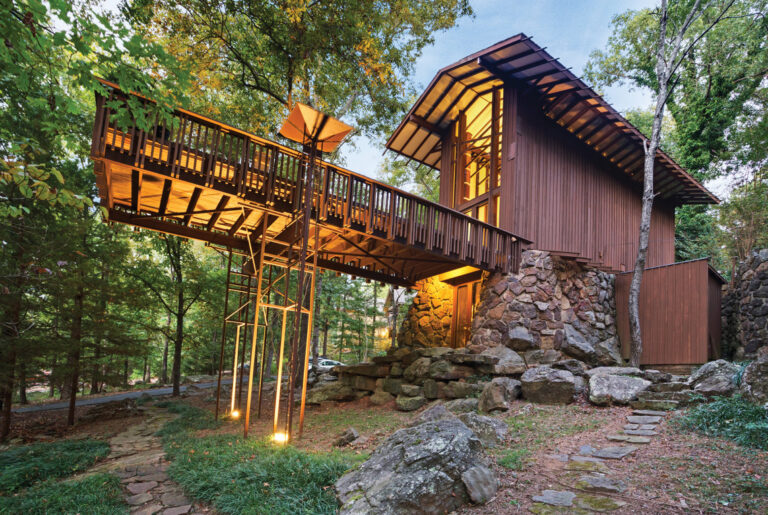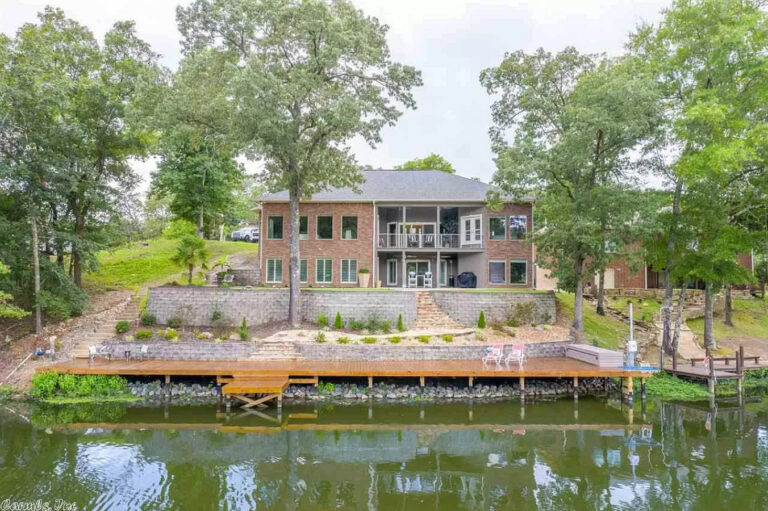Owning and managing a vacation rental property can be both rewarding and challenging. One of the most crucial aspects of ensuring a smooth operation and maintaining harmony with your guests is establishing clear, comprehensive rules. These rules help set expectations, protect your property, and provide a framework for handling various situations that might arise during a guest’s stay. In this blog, we will delve into the key considerations you should keep in mind when creating the rules for your vacation rental property.
Understanding the Importance of Vacation Rental Rules
Vacation rental rules are not just about dictating what guests can and cannot do; they are essential for several reasons:
- Ensuring Guest Safety: Rules can outline important safety information and procedures.
- Protecting Your Investment: Clear rules help safeguard your property from damage and misuse.
- Enhancing Guest Experience: Setting expectations helps avoid misunderstandings and ensures guests have a pleasant stay.
- Compliance with Laws and Regulations: Rules help ensure your rental operates within legal parameters.
- Conflict Resolution: Well-defined rules provide a reference point for resolving disputes or issues that may arise.
Key Considerations for Your Vacation Rental Rules
1. Property-Specific Rules
Every vacation rental is unique, and your rules should reflect the specific needs and features of your property. Consider the following:
a. Usage of Amenities
If your property includes special amenities like a pool, hot tub, or BBQ area, you should outline rules for their usage. For example:
- Pool hours and safety guidelines
- Instructions for using the hot tub
- Clean-up procedures for the BBQ area
b. Noise Levels
To ensure peace for both your guests and neighbors, establish rules regarding noise levels:
- Quiet hours, typically from 10 PM to 8 AM
- Restrictions on loud music or parties
c. Pet Policies
If you allow pets, specify the conditions under which they are allowed:
- Types and sizes of pets permitted
- Areas where pets are allowed or prohibited
- Clean-up responsibilities and additional fees
2. Health and Safety Guidelines
Safety is paramount in a vacation rental. Your rules should include:
a. Emergency Procedures
Clearly outline what guests should do in case of an emergency:
- Location of fire extinguishers and first aid kits
- Emergency contact numbers
- Evacuation routes
b. Hygiene and Cleanliness
With heightened awareness of health and cleanliness, especially post-pandemic, include:
- Cleaning requirements during and after the stay
- Proper disposal of trash and recycling
3. Check-In and Check-Out Procedures
To ensure a smooth turnover between guests, detail your check-in and check-out processes:
a. Check-In Instructions
- Arrival times and procedures for early or late arrivals
- Key collection or access code information
- Welcome information, such as Wi-Fi passwords and local attractions
b. Check-Out Instructions
- Departure times
- Cleaning requirements before leaving
- Key return or lock-up procedures
4. Legal and Regulatory Compliance
Ensure your rules comply with local laws and regulations:
a. Rental Agreements
Include clauses that cover:
- Payment terms and security deposits
- Cancellation policies
- Liability and damage waivers
b. Local Ordinances
Stay informed about and adhere to local rental regulations, which may include:
- Maximum occupancy limits
- Parking restrictions
- Short-term rental permits and taxes
5. Guest Conduct
Set expectations for guest behavior to prevent issues:
a. Respect for Neighbors
Encourage guests to be considerate of your neighbors:
- Adherence to noise rules
- Proper parking and respect for property boundaries
b. Prohibited Activities
Specify activities that are not allowed:
- Smoking policies, both inside and outside the property
- Drug use or illegal activities
- Events or large gatherings without prior approval
6. Communication and Accessibility
Provide clear channels for communication:
a. Host Availability
Inform guests about how and when they can reach you:
- Preferred contact methods (phone, email, messaging apps)
- Response times and emergency contact information
b. Guest Feedback
Encourage guests to provide feedback and report issues:
- How to leave reviews
- How to report maintenance issues or other concerns
7. Technology and Security
With the increasing use of technology in vacation rentals, address the following:
a. Internet Usage
Outline expectations for using the property’s internet:
- Wi-Fi password and usage limits
- Prohibition of illegal downloads or activities
b. Security Measures
Explain any security measures in place:
- Use of security cameras or alarm systems
- Instructions for locking doors and windows
Crafting the Rules: Best Practices
1. Clarity and Conciseness
When drafting your rules, clarity is key. Ensure your rules are easy to understand and concise to avoid confusion.
2. Positive Framing
Where possible, frame rules positively to create a welcoming atmosphere. For example, instead of “No noise after 10 PM,” use “Please respect quiet hours between 10 PM and 8 AM.”
3. Visual Aids
Use visual aids like icons or infographics to illustrate important points, making the rules more engaging and easier to remember.
4. Accessibility
Make your rules accessible to all guests by providing them in multiple formats (printed, digital) and languages, if necessary.
5. Consistency
Ensure consistency in your rules across all platforms (listing sites, rental agreements, welcome books) to avoid confusion.
Enforcing the Rules
1. Clear Communication
Communicate your rules clearly at multiple points:
- At the time of booking
- In pre-arrival emails
- Upon arrival (welcome book or house manual)
2. Monitoring and Accountability
Implement systems to monitor rule adherence:
- Periodic check-ins or inspections
- Use of security deposits to cover damages
3. Handling Violations
Have a plan for addressing rule violations:
- Immediate communication with the guest
- Penalties or fees for non-compliance
- Potential eviction in severe cases
4. Feedback and Adjustment
Regularly review and adjust your rules based on feedback and experiences:
- Solicit guest feedback on the rules
- Make adjustments to address recurring issues or changes in regulations
Safety-Focused
Creating and implementing effective rules for your vacation rental property is a dynamic process that requires careful consideration and ongoing refinement. By taking into account the unique aspects of your property, prioritizing health and safety, ensuring legal compliance, and fostering clear communication, you can create a set of rules that protect your investment, enhance the guest experience, and maintain harmony with your neighbors.
Remember, the goal is to strike a balance between providing a welcoming environment for your guests and protecting your property and community. With thoughtful planning and consistent enforcement, your vacation rental rules will serve as a foundation for a successful and enjoyable rental experience for everyone involved.


